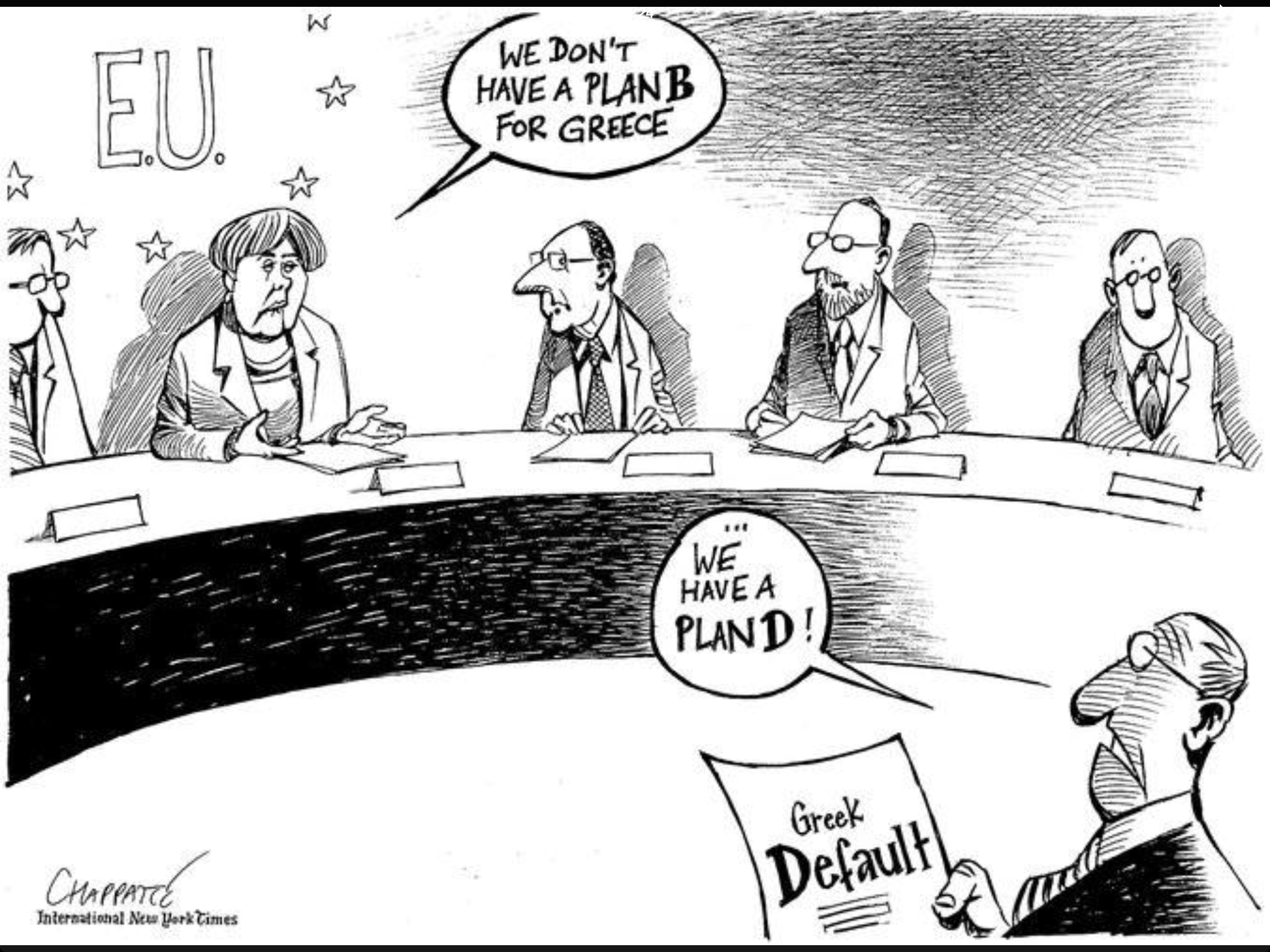The European Central Bank has decided to halt its support of Greece, which has been suffering long-term from a severe economic crisis.
The debt crisis deepened Sunday night as Greece moved even closer to exiting the European Union, creating the strongest and largest gap the markets have seen in the last 4 years.
While no final decision has been made regarding Greece’s status in the European Union, the country’s financial future seems certain. Greek banks will remain closed today, while capital controls are still in effect until a final decision regarding the referendum is made.
If you read our “So, What if Greece Actually Does Go Bankrupt” blog post, the current situation is panning out as many predicted. A mass flight-of-capital on Saturday forced the local banking system to impose monetary restrictions on Greek citizens, limiting cash withdrawals and credit card charges to just €60 a day.
Historically, the world has experienced economic crises every 7-8 years. We have been thrown into global economic crisis three times in the last twenty years: in 1994, 2001 and 2008. According to the basic economic rule, 2015 is when the next economic crisis is due.
The direction the Euro will lean following the referendum can go either way, and Greece’s financial uncertainty is already creating shockwaves through the international markets.
“Crises like these tend to create high market volatility, which in turn makes for some amazing profit opportunities for investors trading currency pairs, commodities and indices,” Sean Perry, Chief Market Analyst, UFX
